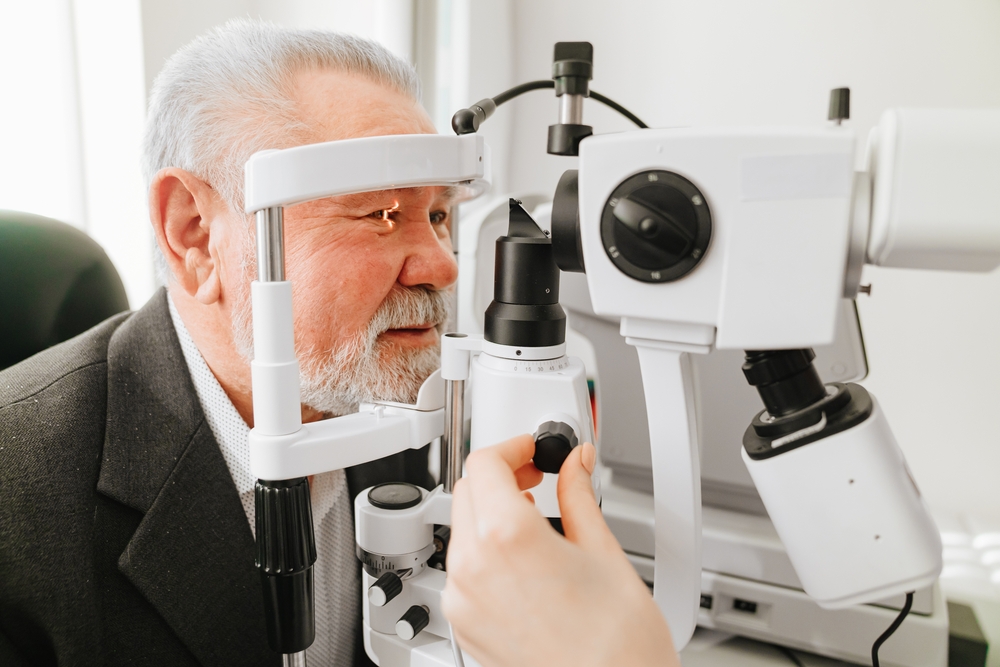
As we age, many aspects of our health can shift—including our vision. While age-related concerns like cataracts or presbyopia are widely recognized, one lesser-known condition that can affect older adults is binocular vision disorder (BVD). This condition occurs when both eyes don’t work together as a team, leading to symptoms such as double vision, headaches, eye strain, and difficulty with depth perception.
Understanding Binocular Vision Disorder
Binocular vision is the ability of the eyes to work together to produce a single, clear image. When there is a disruption in the alignment or coordination of the eyes, the brain struggles to fuse two different images into one. This can result in symptoms that range from mild discomfort to significant vision impairment, affecting balance, coordination, and daily activities such as reading or driving.
Age-Related Factors Contributing to BVD
Older adults may be more prone to developing binocular vision disorder for several reasons:
Eye Muscle Changes: As we age, the muscles that control eye movement can weaken or become less coordinated, making it harder for the eyes to align properly.
Neurological Conditions: Conditions such as stroke, Parkinson’s disease, or multiple sclerosis—which become more prevalent with age—can disrupt the communication between the brain and the eye muscles, contributing to BVD.
Cataract Surgery or Other Eye Procedures: Some surgical procedures, especially when performed on one eye, may alter the visual input and disrupt binocular function.
General Decline in Visual Acuity: When one eye becomes significantly weaker than the other due to age-related changes, the brain may have difficulty merging images, leading to symptoms of BVD.
Symptoms to Watch For
Because BVD can mimic other conditions, it’s often overlooked or misdiagnosed. Common symptoms include:
Double vision
Frequent headaches or migraines
Difficulty reading or using screens
Poor depth perception or clumsiness
Dizziness or nausea
If you're experiencing any of these signs, especially after a recent change in health or vision, it's important to consult with our optometrist.
Diagnosing and Managing BVD
A comprehensive eye exam is essential for identifying binocular vision issues. At Focus On Eyes, we utilize advanced diagnostic tools to assess how well your eyes are working together and to evaluate your overall eye health. Depending on the underlying cause and severity of the condition, treatment may involve special prism glasses to help align your vision or addressing contributing factors such as cataracts or neurological disorders.
Conclusion
Yes, older adults are more likely to develop binocular vision disorder due to age-related changes in eye muscles, neurological health, and general visual function. While this condition can be frustrating, it is manageable with proper diagnosis and care.
If you're noticing symptoms of binocular vision disorder, schedule an NeuroVisual Exam with Focus On Eyes and let us help you see clearly and comfortably again. Visit our office in Richardson, Texas, or call (469) 620-2120 to book an appointment today.




